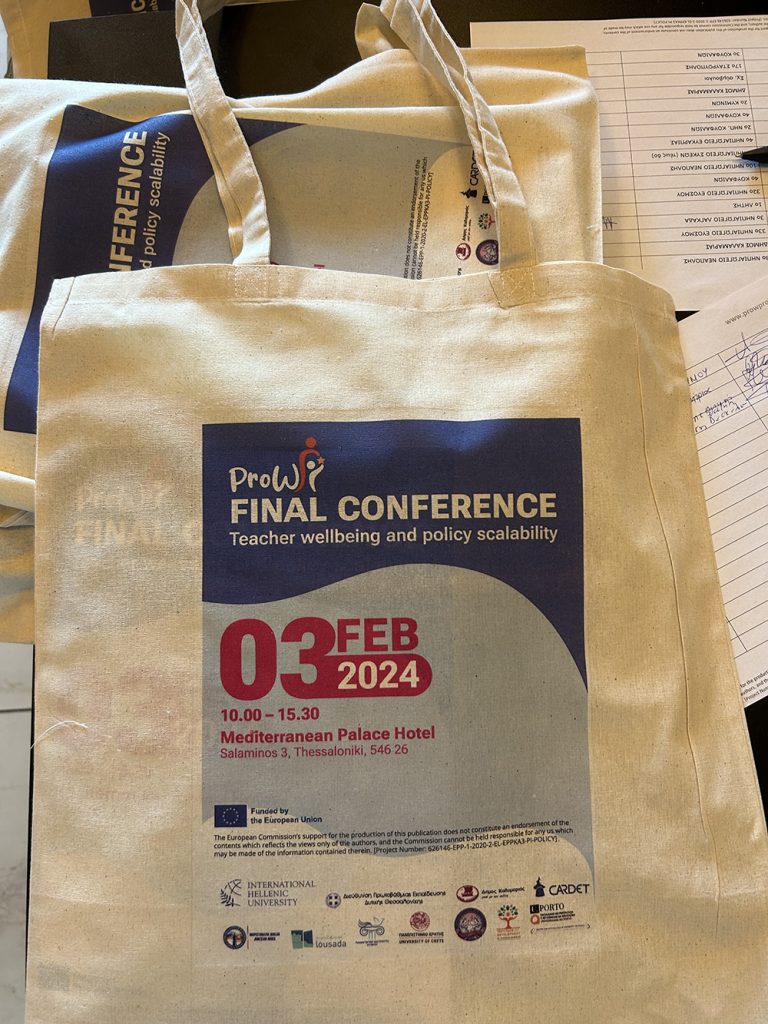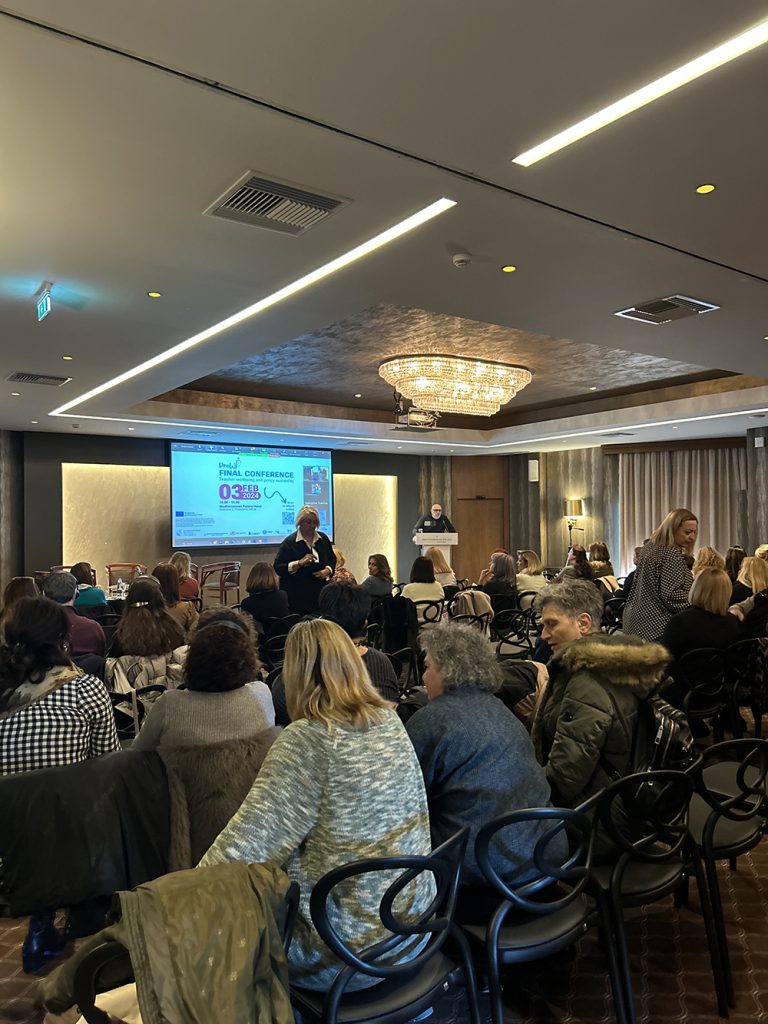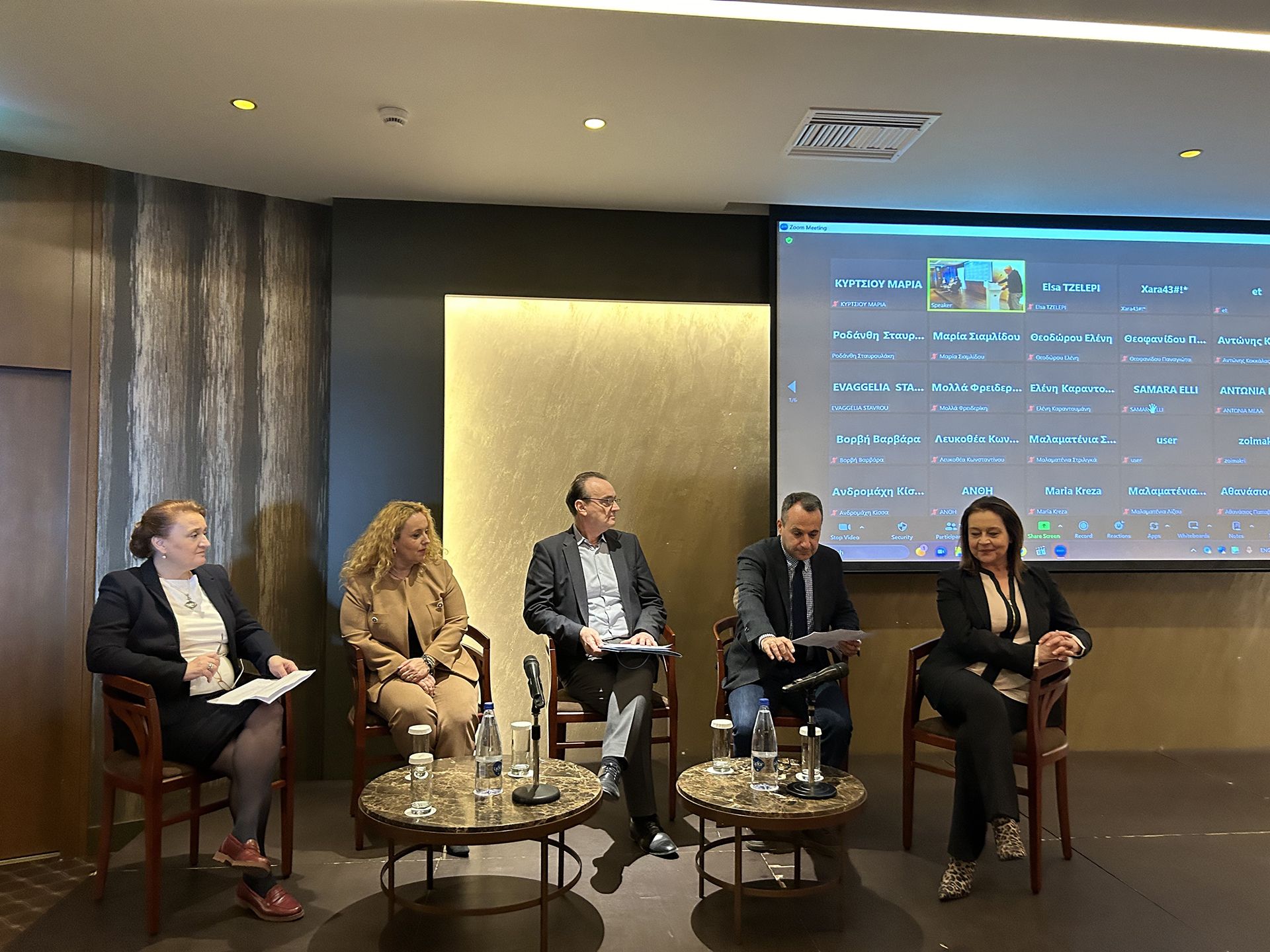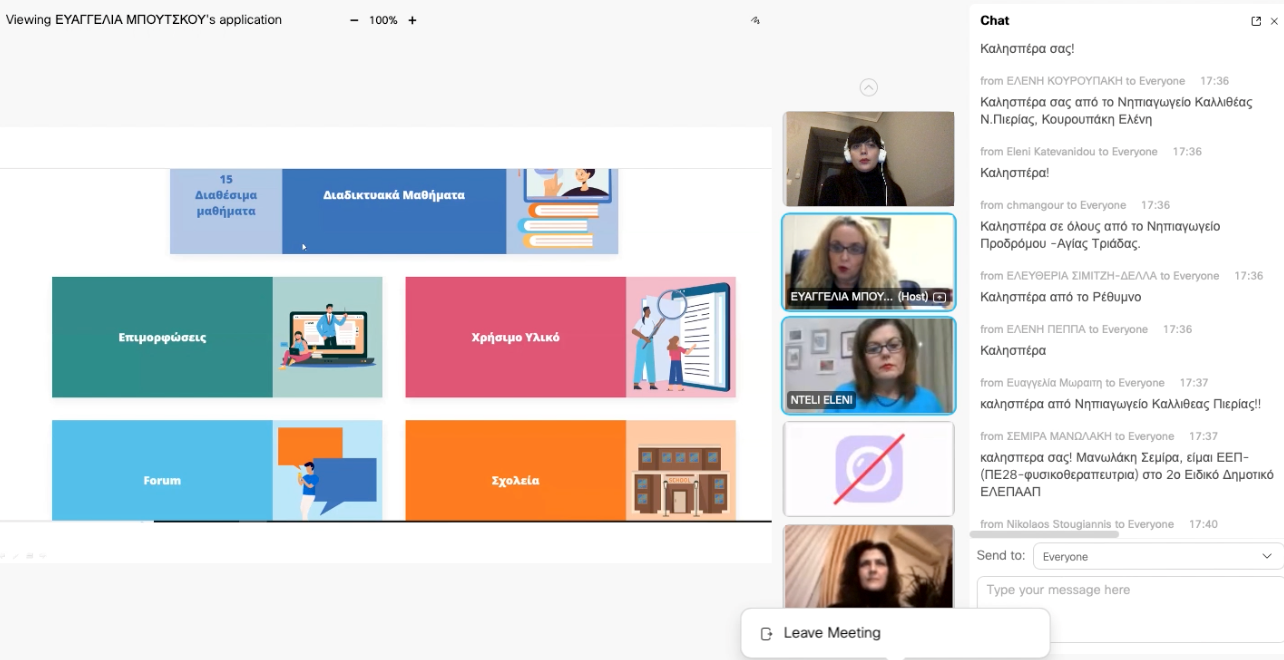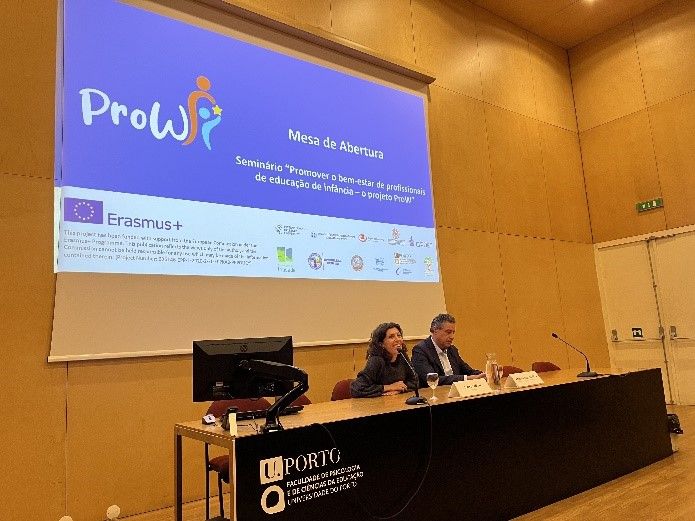A good leader will try various ways to encourage positive behaviour change in their employees. From teaching an employee a new skill to encouraging a personality-driven change, your support as an employer or manager is crucial.
The behaviour of your employees is essential to the success of your business. It can have an impact on the health and wellbeing of your employees, the workplace culture and the productivity levels among other factors.
If your team have developed habits that are impacting the workplace, you may be trying to change the way in which they behave. However, many leaders don’t know where to start when it comes to encouraging positive behaviour change in employees. But don’t worry, that’s where we come in!
Here are our tips for encouraging positive behaviour change in employees:
Lead By Example
In most businesses, employees will follow the example set by their leaders. Though you may not realise it, you may have developed unhealthy habits that are impacting your work performance.
These might include taking your work home with you or not taking adequate breaks during the day. Because employees tend to mimic the behaviour of their leaders, it is likely they are also developing these bad habits.
As an employer, it is your responsibility to set a positive example for your team. Everyone in a management role within an organisation should adopt the positive behaviours they expect to see from their team.
As an employer, you can encourage positive behaviour in your employees by influencing and inspiring them in a constructive way.
Communicate Effectively
As well as setting an example, you should also talk to your employees about the type of behaviour to expect in the workplace.
But this doesn’t have to be a boring lecture. You can have one-to-one chats with your employees or gather your team round for lunch and have an open discussion.
communicate openly to encourage positive behaviour change in employees
By communicating effectively with your team, you can find out what they are struggling with and how you can help your employees with positive behaviour change.
Aside from talking openly, you should have expectations for behaviour documented in the employee handbook.
Recognise And Reward
When you observe a positive behaviour change in an employee, be sure to recognise it and reward it. When your team see that they may be rewarded for positive behaviour change, they will try harder to achieve their goals.
Rewarding positive behaviour change will reinforce the message you have been communicating to your team. It’s worth remembering that even the smallest of positive changes deserve recognition.
If you can see that employee hasn’t quite reached their goals, but they are working extremely hard to do so, acknowledge their determination. If you recognise the small achievements, the big achievements will surely follow.
Encourage Positive Behaviour Change In Employees With Training
If you would like to see positive changes within the workplace, you should be focusing on positive behaviour change centred around the health and wellbeing of your employees.
A healthy team that prioritises their wellbeing will be more engaged and productive in the workplace. Plus, there will be fewer employee absences and decreased staff turnover.
Behaviour Change Training can help your team become the best version of themselves. At Wellspace, our Behaviour Change workshops are a series of three training sessions. These sessions broadly focus on the Three Pillars of Health: energy, activity, and mental resilience.
We will give your employees the knowledge and skills they need to start making positive changes. Encourage positive behaviour change in employees by providing training.
Create Collective Goals
Encouraging positive behaviour change in employees is often more achievable if you work together as a team. Once you have communicated openly about the behaviour you expect from your team, perhaps have a group brainstorming session. This way you can set realistic goals as a team.
If your team are working towards similar goals, they can support each other and will likely achieve their goals sooner.
Remember to check in on your employees. Perhaps have regular team meetings or training sessions to see how they are doing. Your employees will appreciate the support and help they receive from you.
Attract The Right People
Experts believe that people’s values and personalities drive their behaviour in the workplace. When recruiting, you should look for candidates with values that mirror those of your business.
Of course, attracting the very best of the best isn’t always easy. But if you demonstrate that you care about the health and wellbeing of your employees, you have a bigger chance of attracting the brightest sparks.
